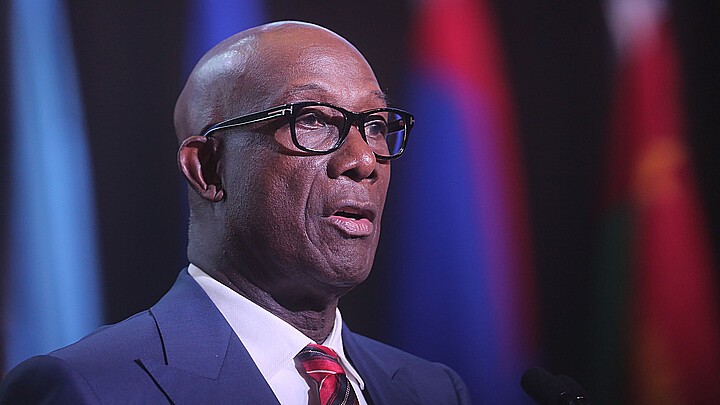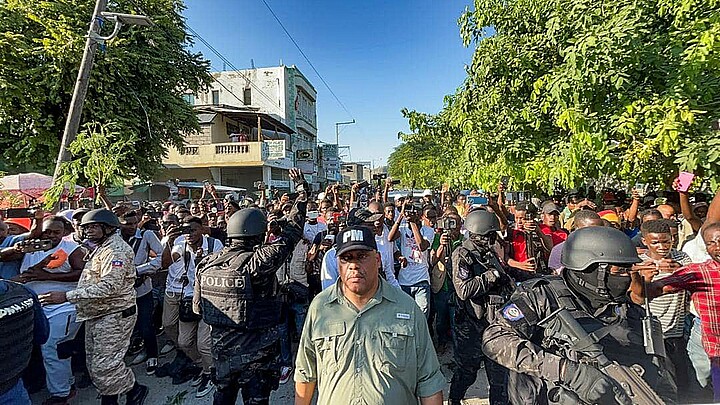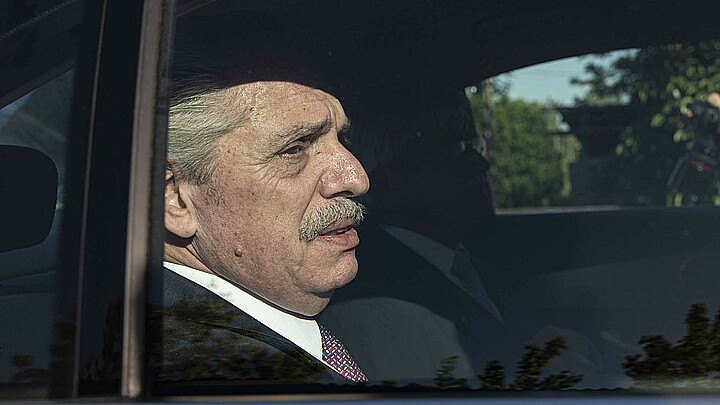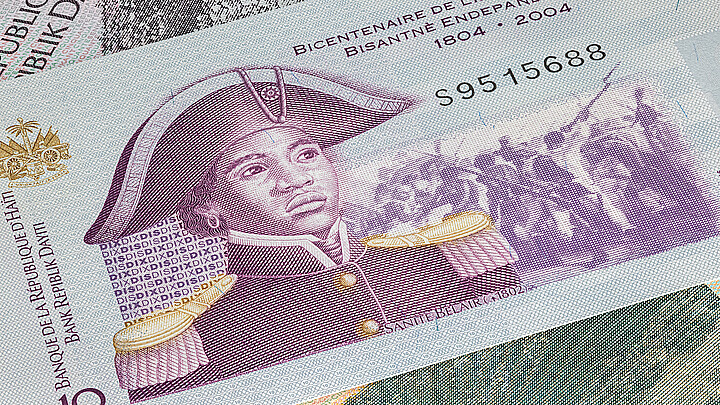Crime
Honduras suspends constitutional rights amid gang violence crackdown
Beginning on Tuesday, constitutional rights will be suspended in some of the poorest neighborhoods of the nation’s capital, Tegucigalpa, and San Pedro Sula
December 5, 2022 5:15am
Updated: December 5, 2022 9:06am
The government of Honduras announced on Saturday that it would suspend constitutional rights in two cities controlled by gangs, as the country grapples with violence, Reuters reported.
Beginning on Tuesday, constitutional rights will be suspended in some of the poorest neighborhoods of the nation’s capital, Tegucigalpa, and San Pedro Sula for 30 days after the Central American country said there was a national security threat.
"The partial state of exception will enter into force on Tuesday, December 6 at 6pm for thirty days, to promote the gradual activity of economic development, investment, commerce and in public spaces," the country's security secretariat said in a statement.
The two cities have been plagued by a “war tax,” in which gang members offer so-called protection to residents that pay them. However, individuals who refuse to pay up will be killed.
The gangs have touched buses and killed drivers who refuse to pay the extortion amount, prompting other residents to pay out of fear that they will be next, Reuters continued. The “war tax” is largely conducted by the Mara Salvatrucha MS-13 and Mara Barrio 18 gangs.
The “war tax” generates annual profits equivalent to $737 million, or 3% of the country’s gross domestic product, according to the Association for a More Just Society, a security-focused NGO. Businessmen, transportation drivers, residents, and NGOs in the two cities have said that the extortion has worsened in recent months.
On November 24, President Xiomara Castro declared a national security emergency and announced a plan to deal with extortion and gang violence. The plan’s measures include the deployment of 20,000 police agents, additional security controls on roads, and measures against money laundering.
The measure announced on Saturday is part of Castro’s plan to deal with violent gangs. It is expected to be endorsed by the council of ministers.










